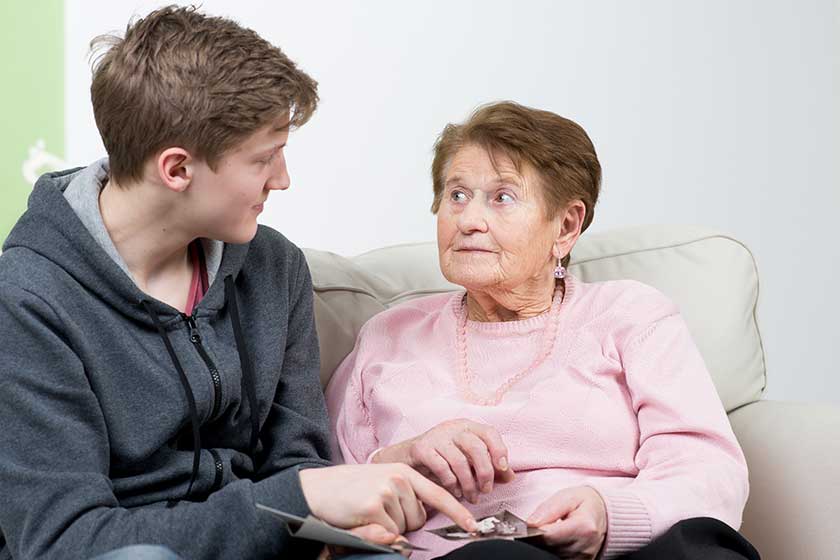Are you concerned about your loved one’s memory? It’s normal to be worried, as memory loss can be a sign of Alzheimer’s, or other severe medical conditions. If you notice someone you love has been having difficulty recalling things they used to know, or they are having trouble with tasks that were once simple for them, there are steps you can take to ensure their condition is well managed. This article discusses the importance of memory screening for seniors and how it can help your loved ones.
It’s Safe, Easy, and Painless
Memory screening is a vital first step in detecting Alzheimer’s and other types of dementia. It’s safe, painless, and easy to do at home, or in a doctor’s office. It takes about 10 minutes, using a simple questionnaire that can be done on your own, or with help of others. The test doesn’t require any needles or shots, and no special preparations are needed before taking it, so you can have it done at any age!
Take Action if You Notice the Warning Signs
If you notice your loved one having difficulty with memory, it’s important to take action. If their memory problems are severe, they should see a doctor as soon as possible. Milder changes can be addressed by getting your loved one to do memory exercises. You can help your loved one by encouraging them to get more exercise and eat plenty of fruits and vegetables. These foods are rich in antioxidants, which are known to protect against cognitive decline associated with aging.
Monitor Memory Changes
Sometimes, you may be aware of changes in your loved one’s memory. For example, they could need to remember what they ate for dinner the night before, or they might ask you to repeat things more often than they used to. If this sounds familiar, keep an eye on their memory to see if it continues over time or improves instead of worsening.
If your loved one is experiencing difficulties with their memory:
- Ask them about their memories by asking questions like “Do you remember…” or “What happened last weekend?”.
- Listen carefully as they respond to these questions, so you can hear how they describe events.
- Ask them to recall details from the past with specific questions like “What did we do last weekend” or “Tell me about your first-grade teacher”.
- Have them repeat a list of words back to you multiple times, as this helps test short-term memory.
- Have them tell stories about recent events, such as where they were yesterday evening, or where they went for lunch today.
Get Support from Others
The best way to help your loved one is by getting support from others. You can talk with other families who have gone through similar experiences, and they can give you insight on how they dealt with the situation. There may be a support group or local organization that can help you find answers and guidance. Asking for help isn’t always easy, but it’s important because once your loved one’s memory starts to decline, they won’t be able to take care of themselves alone anymore.
Conclusion
We hope that you’re familiar with the importance of memory screening for your loved ones. We want them to live their lives to the fullest, and we understand that it can be difficult to know what they might be forgetting. That’s why we recommend getting in touch with a professional who can help diagnose some of these issues before they become serious problems. With this information, you should be able to confidently address any concerns about memory loss in yourself, or others without worrying about what’s happening behind closed doors!






